Many Names, One Fire
January is the month when the whole of North India shivers under the cold spell and the rest of the country too, feels a slight dip in temperatures. However, despite the cold, as the second week of January draws to a close, the country peeks out from under the razai’s and dohar’s to celebrate.
Lohri, Maghi, Sankranti, Pongal, Uttarayan. Different states might call them their festival with different names, and they may also celebrate it differently with different rituals, but all of them celebrate the harvest of the rabi crop. Falling within a day or two of each other (if not the same day), these festivals herald the end of the darkest of winter as the sun changes direction and enters the house of Capricorn.
For Punjabis, it is the time of Lohri, celebrated on 13th January.
Memories of the first Lohri
My earliest memory of Lohri is of a huge bonfire on the grounds of the ONGC Colony, Ahmedabad, where my father was posted. I still remember the glare of the bonfire and the stickiness of ‘revri’ that I had stuffed in the pockets of my blue winter coat. The day after, everyone in the colony was flying kites on the terrace of the buildings to celebrate the Gujarati festival of Uttarayan. I remember marvelling as multi-hued kites covered the sky, hiding the afternoon sun.
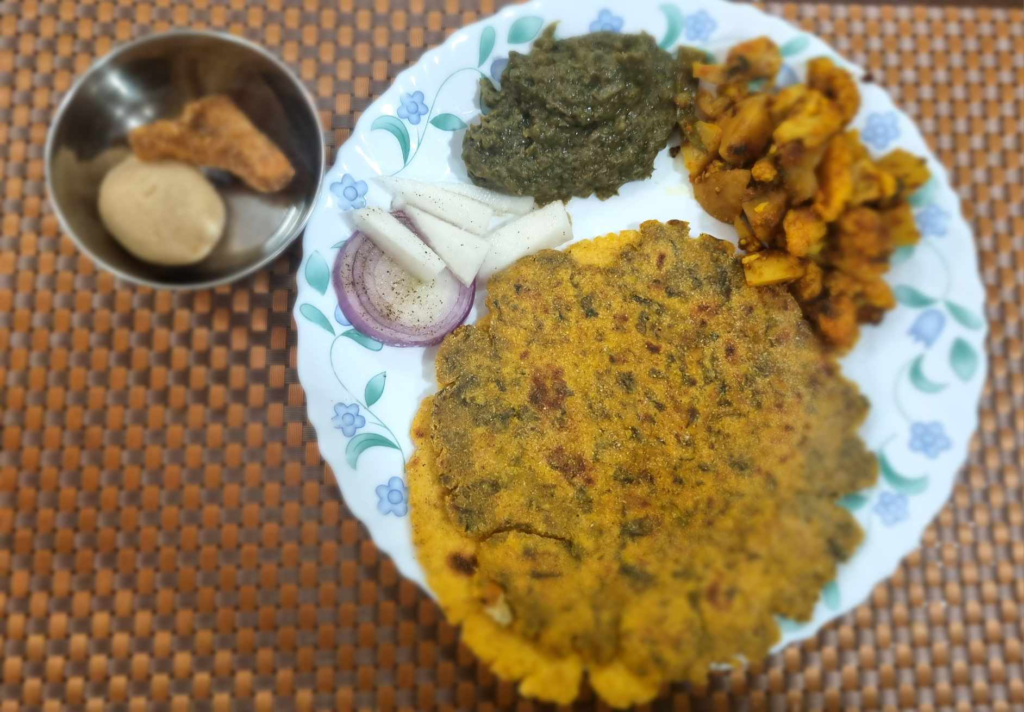
Dehradun’s Lohri – Simple and quiet
By the following year, we had moved back to our hometown of Dehradun. The Lohri celebrations with just the immediate family were subdued compared to the communal celebrations in Ahmedabad. However, there was no lack of goodies to munch on. There was popcorn, peanuts, revri and gajak as one warmed the hands over the bonfire on the cold winter evening. On Sankranti, the morning after Lohri, Biji (my grandmother) kept a huge plate full of lentils and rice. All members of the family dropped coins into it. This was later given as alms to the needy. There were no colourful kites in the sky for in North India, the kites are flown at the festival of Basant rather than Uttarayan.
The Youthful Years of Lohri
As the years passed, Lohri became synonymous with sweetmeats (which I loved) and the cliched Punjabi staple of sarson ka saag and makki ki roti for dinner(both of which, in those days, I refused to eat). Lohri became more fun once I moved to college as well. A professor would hold an open house for the celebrations. We students from the Punjab Association would take full advantage of his largesse and spend a fun evening merry-making and dancing around the bonfire as the dhol player played out beats.
Lohri Across Continents
After marriage, we left our country to move to distant shores. Lohri was relegated to the background, but after I became a mother, I felt an inexplicable need to show my children what Lohri means. Craving the connection, I started doing the Lohri rituals by myself, albeit over the flames of the gas stove instead of the bonfire. I started eating Sarson ka saag (Thank God for iins of Sohna by Markfed). Missing home, I, not a very enthusiastic cook, learned how to make til ke ladoo and gur-wale-chawal. Revri, gajak, and peanuts are now purchased in advance at exorbitant rates from the Indian grocery store.

Hubby dearest, in order, to make me happy, every year, tries to find restaurants with the authentic taste of saag and bonfire that I crave. The children, on the other hand, are amused, and a little bemused by the actions of their mother on this day.
The Virtual Bonfire Of Lohri
However, this restlessness has gone down over the past couple of years. And this is because my parents learned how to make video calls. Now, when they are ready to burn the Lohri bonfire, they call, so that we can also be a part of the celebrations, albeit virtually. And even though I watch the flames through the screen, I can feel their warmth in faraway Dubai.






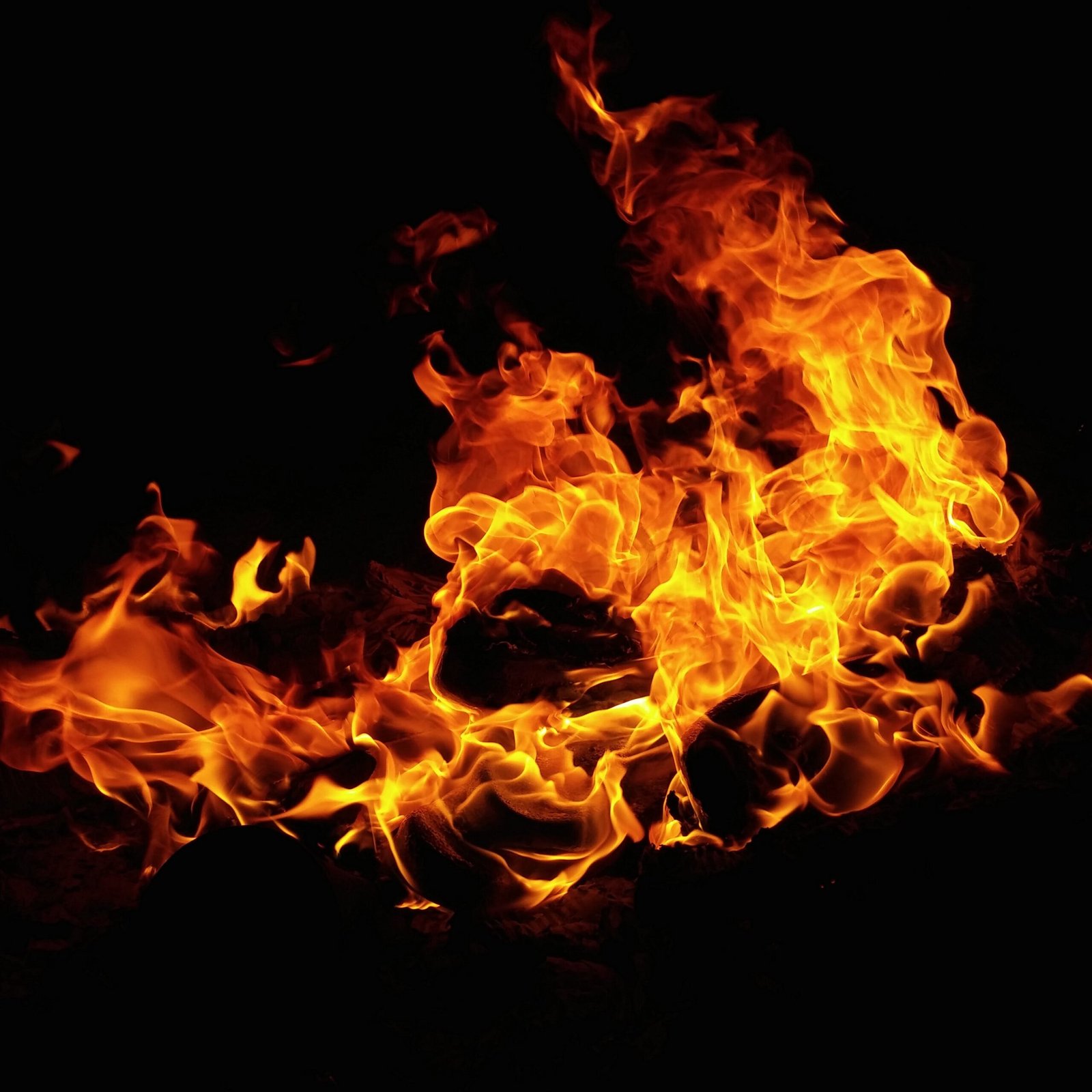


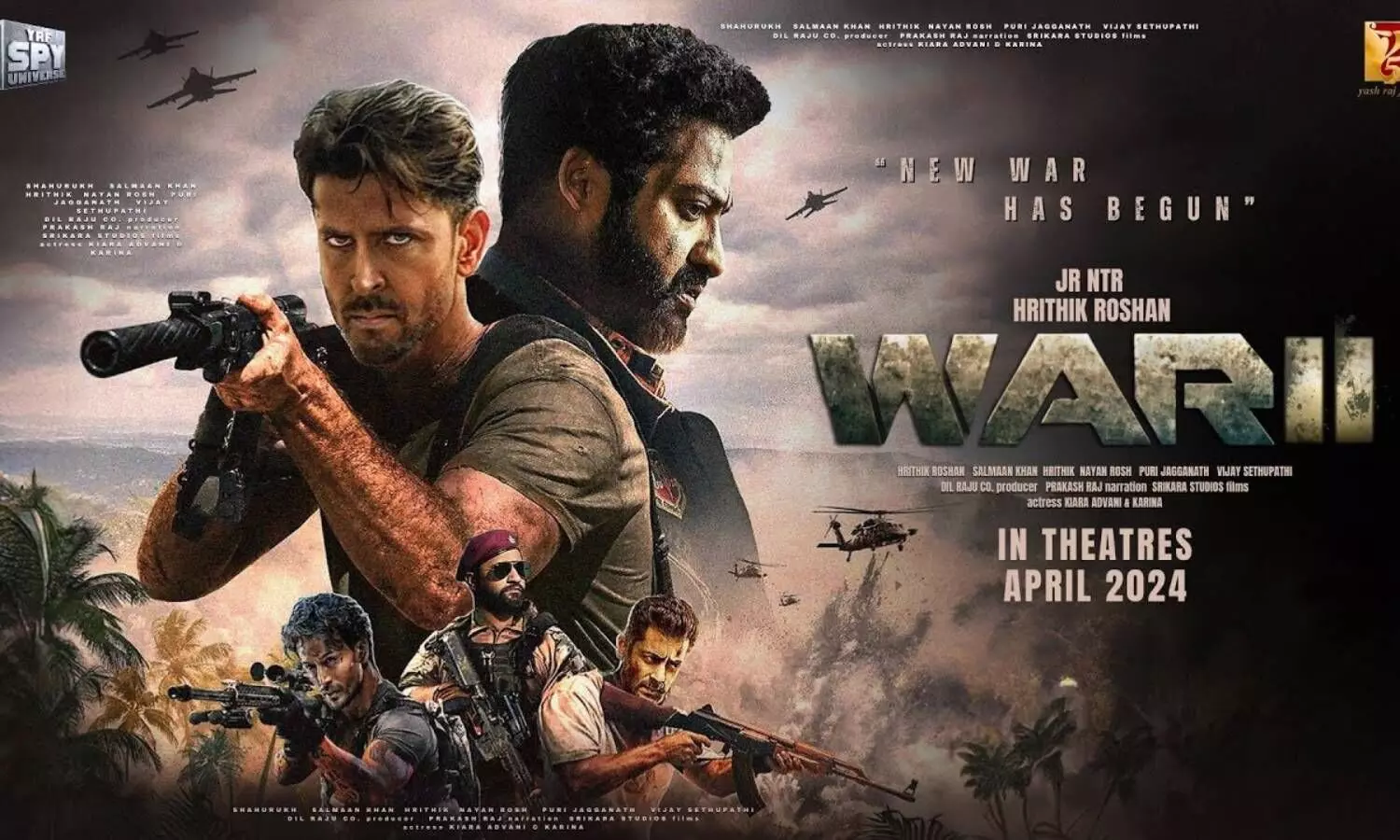
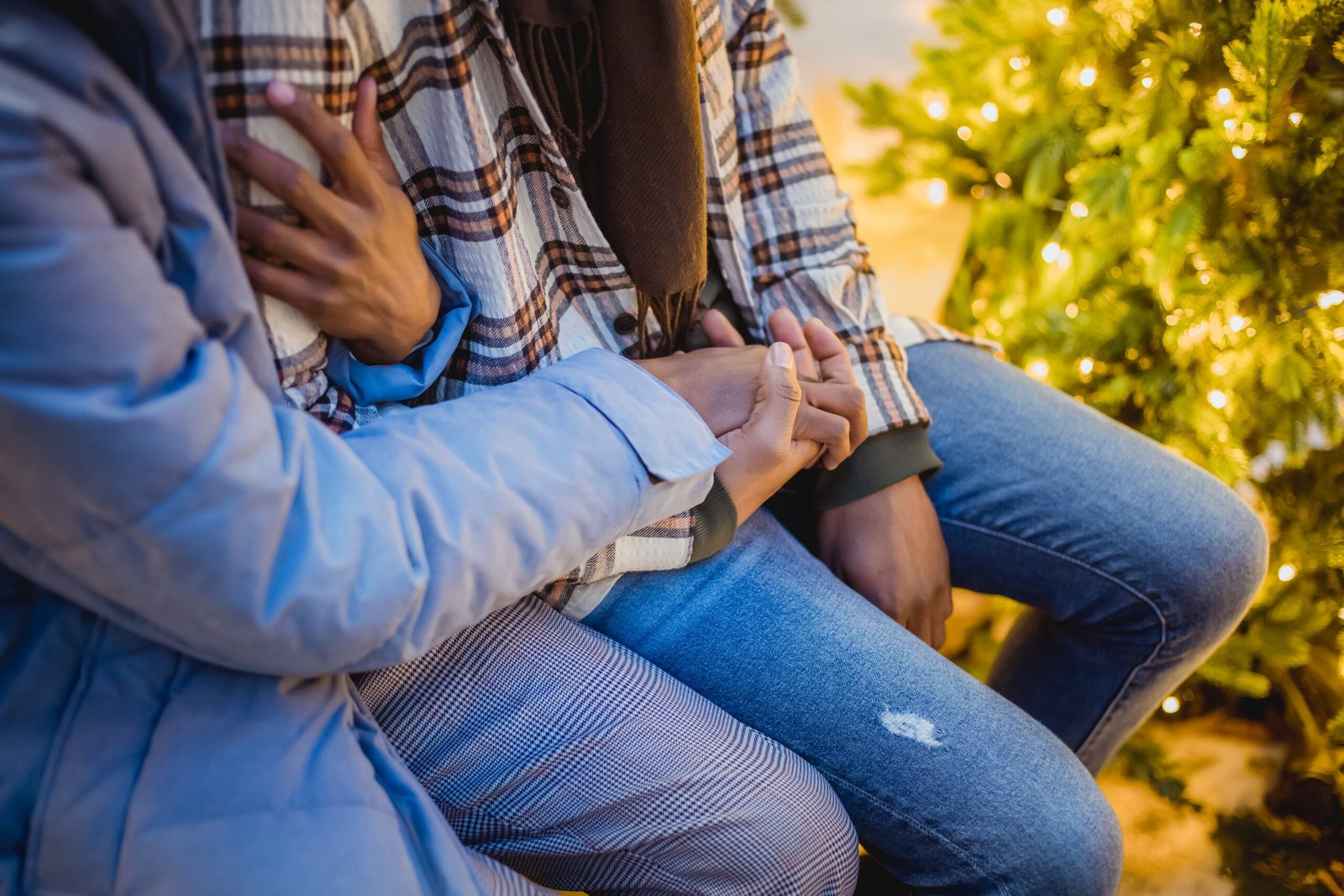


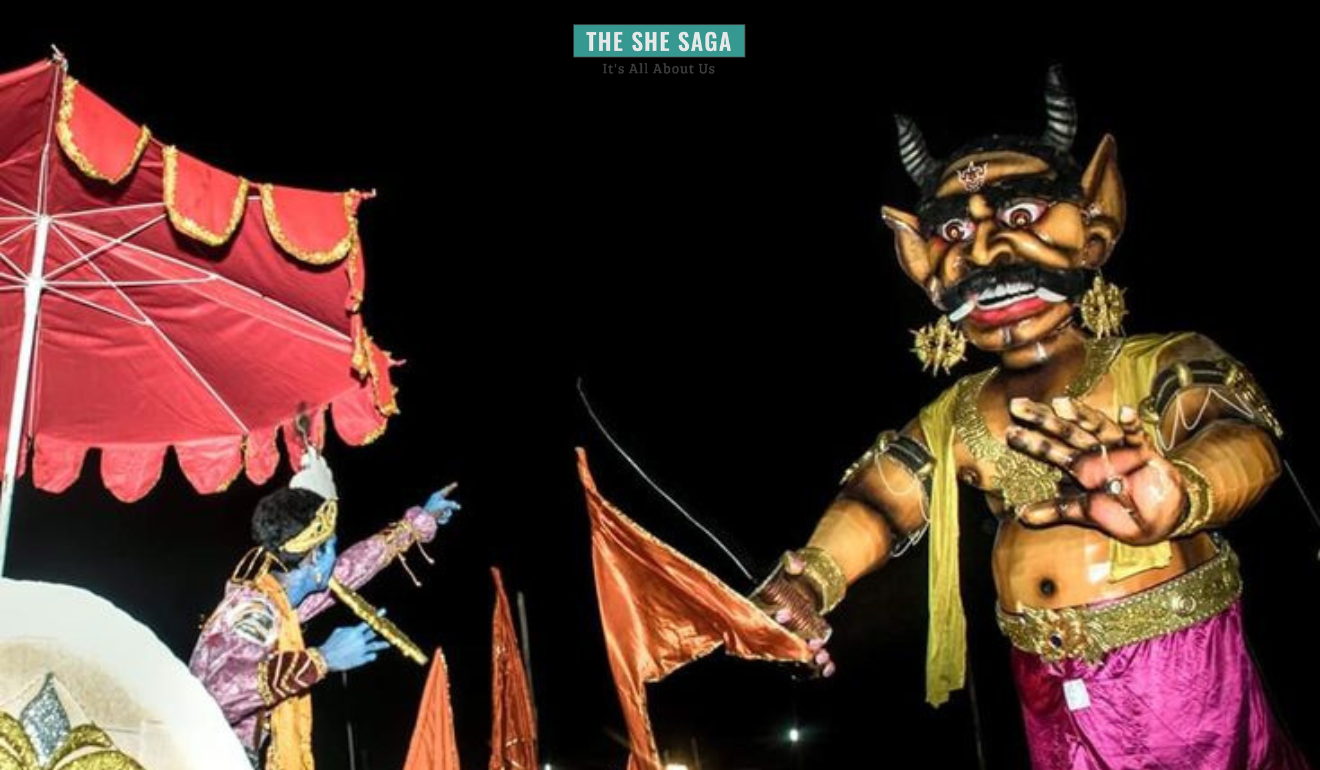
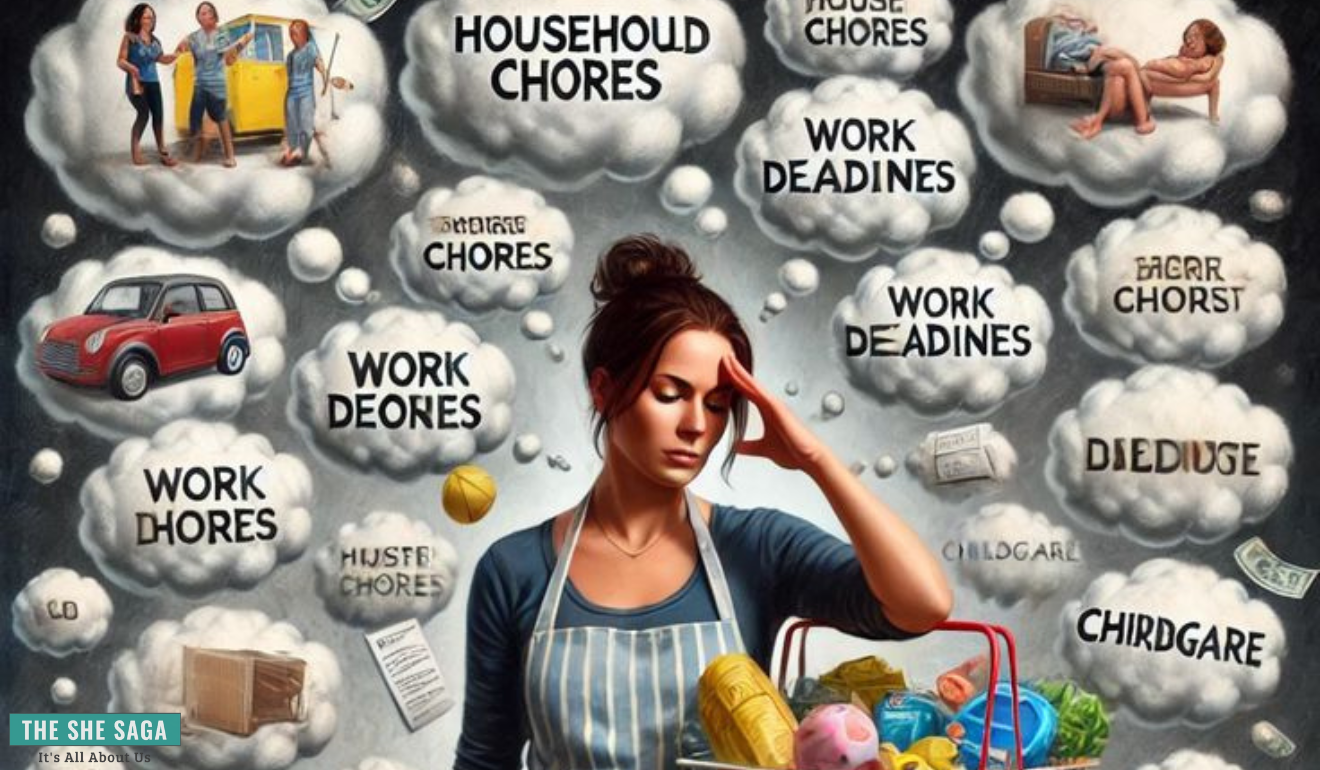
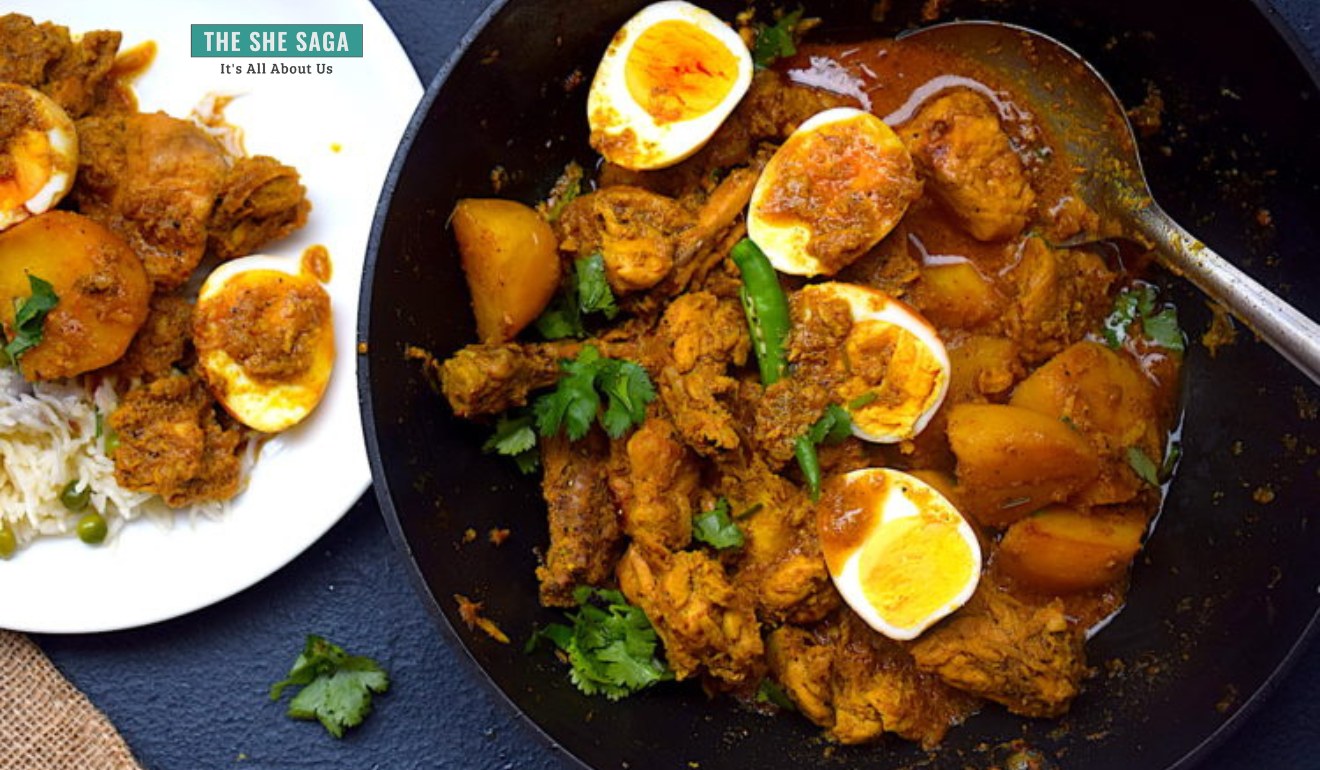
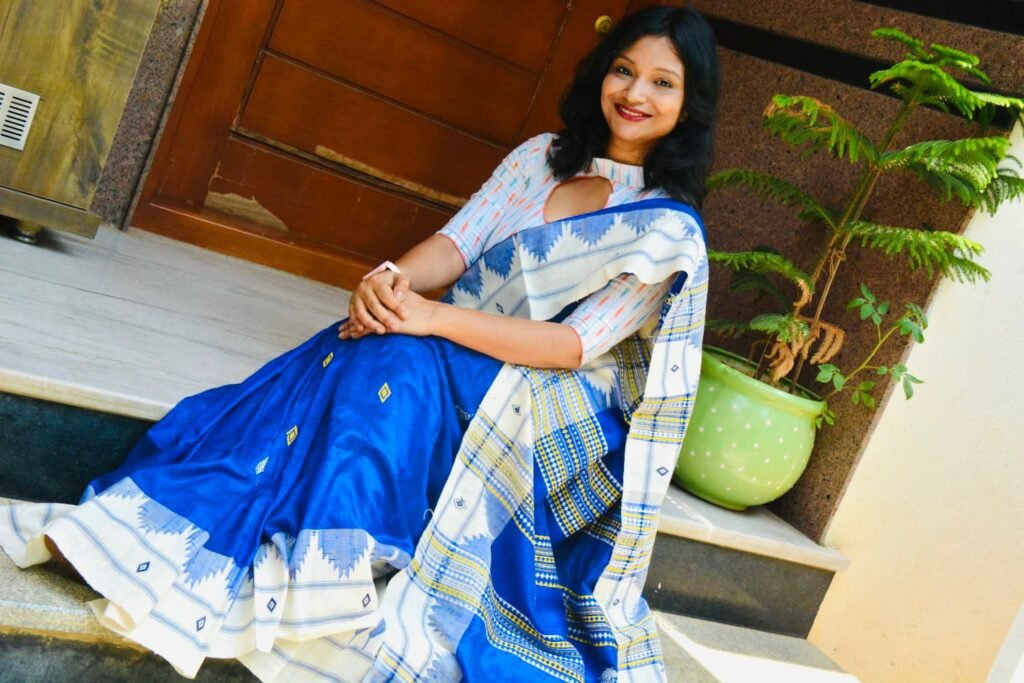
One Response
Excellent.